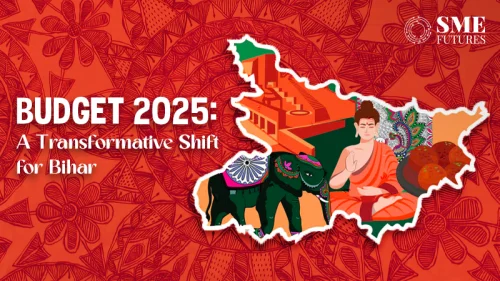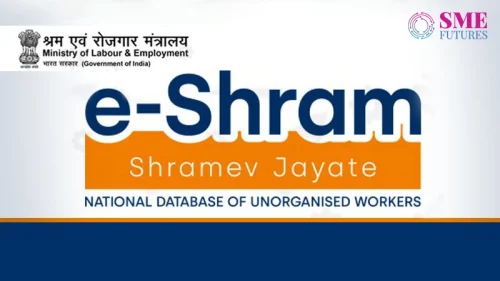Amid economic hardships aggravated by recent interest rate hikes, India’s Micro, Small, and Medium Enterprises (MSMEs) are banding together to demand policy changes to safeguard their survival and growth. Bringing the issues ahead, PHD Chamber of commerce & Industry has written a letter to RBI Governor Shaktikanta Das with a set of suggestions, shining light on fundamental concerns harming this vital sector and providing remedies that could help it thrive again.
Highlighting the MSMEs issue PHD Chamber wrote on interest subvention of MSMEs, restructuring scheme for MSMEs, credit challenges. Following are the suggestions that can resolve MSMEs issues.
Interest subvention for MSMEs: Extending relief amidst rate hikes
A popular measure that once provided respite to eligible MSMEs was the interest subvention scheme, offering a 2 per cent annual interest relief on outstanding fresh and incremental term loans and working capital up to ₹100 lakh. However, the scheme’s validity ended on March 31, 2021. With the recent interest rate hikes by the Reserve Bank of India (RBI), industry stakeholders are calling for its revival to aid MSMEs’ ability to weather the current economic headwinds.
MSME restructuring scheme: An Evolving Lifeline
During the COVID-19 pandemic’s first wave, the RBI introduced a restructuring scheme to help MSMEs navigate the financial challenges. Initially limited to accounts with aggregate exposure up to ₹25 crore classified as standard on March 31, 2020, the scheme was later expanded to include accounts classified as standard on March 31, 2021, with an increased limit of ₹50 crore. Now, as the specter of fresh non-performing assets (NPAs) looms over the COVID-19 ECLGS program, industry players urge the reintroduction of the restructuring scheme. They recommend expanding eligibility to encompass all MSME accounts that have become overdue and/or NPAs since the first wave in March 2020.
Priority sector classification and credit channeling
A paradigm shift occurred in 2011 when loans sanctioned to Non-Banking Financial Companies (NBFCs) for on-lending to MSMEs were excluded from priority sector classification. The aftermath left many NBFCs, critical intermediaries supporting MSMEs’ working capital needs, starved of funds. Though the RBI partially reinstated this classification up to ₹20 lakh per borrower, advocates argue for a full restoration. They emphasise the importance of enabling higher lending limits through NBFCs and aligning their role with priority sector lending norms.
Relaxation of NPA classification for MSMEs
The present non-performing asset (NPA) classification window of 90 days is proving inadequate for MSMEs, whose business cycles often exceed this timeline due to extended working capital cycles. These enterprises struggle to meet debt obligations within the stipulated period, leading to undue NPA classification. Proposals advocate for a reconsideration of the NPA classification timeframe, suggesting an extension to 180 days. This modification could help MSMEs avoid diverting working capital away from operational activities to service loans.
Pre-packaged IBC resolution process: A swift alternative
Recognising the need for a less disruptive insolvency resolution process, calls for embracing the Pre-Packaged Insolvency Resolution Process (PPIRP) for corporate MSMEs are growing. PPIRP is being touted as a cost-effective, efficient, and less intrusive alternative to the existing insolvency process under the Insolvency and Bankruptcy Code (IBC). Advocates are urging banks to promote this process and increase awareness among stakeholders to expedite resolution and mitigate potential business disruptions.
As India’s economy navigates challenging waters, the voices of MSMEs are resonating louder than ever. Their recommendations reflect a collective determination to overcome hurdles and contribute to the nation’s economic revival. As stakeholders eagerly await responses from the RBI and policymakers, the fate of this vital sector hangs in the balance, with hopes that policy revisions will pave the way for a thriving MSME ecosystem.











